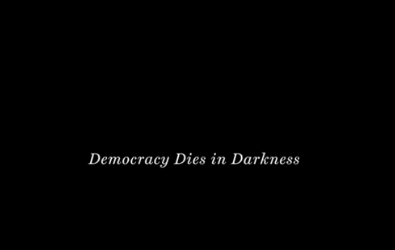This year’s Super Bowl was filled with many upsets. On field, both teams struggled for points until the Pats scored the only touchdown of the game with seven minutes left in what was one of the lowest scoring championships in NFL history. Off field, a sea of disgruntled artists, off-the-mark commercials and a revealing halftime show left viewers just as baffled, sparking heated public discourse around freedom of expression.
Here are three such topics still flooding our news feeds. Who is right or wrong is still up for debate.
Entertainment v. Social Justice
While there was no kneeling during the National Anthem, there was plenty of buzz prior to the big game around entertainment and social justice. Artists including Rihanna, Kendrick Lamar and Cardi B followed Jay Z and comedian Amy Schumer who publicly refused to work with the NFL, by declining to headline the coveted Super Bowl halftime show in support of former 49ers quarterback Colin Kaepernick who sacrificed his career for his on-field protest of violent racism nationwide. More than 110,000 individuals joined the conversation, signing a petition to convince Maroon 5, who accepted the opportunity, to follow suit and boycott the show.
Meanwhile, the NFL made attempts to address public concerns. The organization secured African American super star Gladys Knight to kick-off festivities in her hometown with her rendition of the National Anthem followed by three civic leaders, including Dr. Bernice A. King, the youngest child of Dr. Martin Luther King Jr. and Coretta Scott King, who joined players for the midfield coin toss. A video tribute to Dr. King and other civil rights leaders as well as a public service announcement that showed Commissioner Roger Goodell and other league officials touring civil rights landmarks aired prior to the start of the game. And, Maroon 5, the NFL and Interscope Records collectively donated $500,000 to Big Brothers Big Sisters of America.
Did entertainers do the right thing? Did the NFL respond to racial backlash appropriately?
Fake News v. Journalism
“Democracy Dies in Darkness,” a commercial produced by The Washington Post, has ruffled the feathers of journalists and politicians alike. The ad, narrated by Tom Hanks, who co-starred in the 2017 film “The Post,” takes viewers through an archive of media coverage on national milestones, tragedies and events that were shared with the public by journalists to show the importance of the media. The words “knowing empowers us, knowing helps us decide, knowing keeps us free,” appear on the screen at the end, reinforcing the Jeff Bezos-owned publication’s slogan, “Democracy dies in darkness.”
The 60-second ad, which aired during the Super Bowl and reportedly cost the newspaper more than $5 million, has sparked outrage from journalists who argue the money should be used to compensate hardworking staff members. The commercial also has more conservatives, including Donald Trump Jr., upset at the insinuation that their politics are fueled by “fake news” and claiming the publication is paying to gain credibility.
Does a news outlet paying for advertising discredit the value of earned media?
Nudity v. Double Standards
It’s been 15 years since Janet Jackson’s infamous “Nipple Gate” scandal during which her breast was exposed by an alleged wardrobe malfunction while performing with Justin Timberlake during the Super Bowl halftime show. The incident resulted in hundreds of thousands of consumer complaints, a $550,000 fine for Viacom and the implementation of the five-second delay to censor similar mishaps during future live performances by the Federal Communications Commission, i.e. censorship.
Fast forward to present day and people can’t stop comparing Adam Levine’s shirtless halftime performance with his band Maroon 5 to that of Janet Jackson. Some fans are going as far as to claim a double standard in society arguing a white man can show his chest, but an African American woman cannot, igniting #JusticeforJanet across social media. Others argue a man exposing his chest isn’t a wardrobe malfunction.
Should a man be allowed to perform shirtless after the Janet Jackson scandal?
While we can’t argue the power of the Patriots dynasty (go Pats!), we can argue that Americans have a lot to discuss to ensure our nation comes together for the win.


